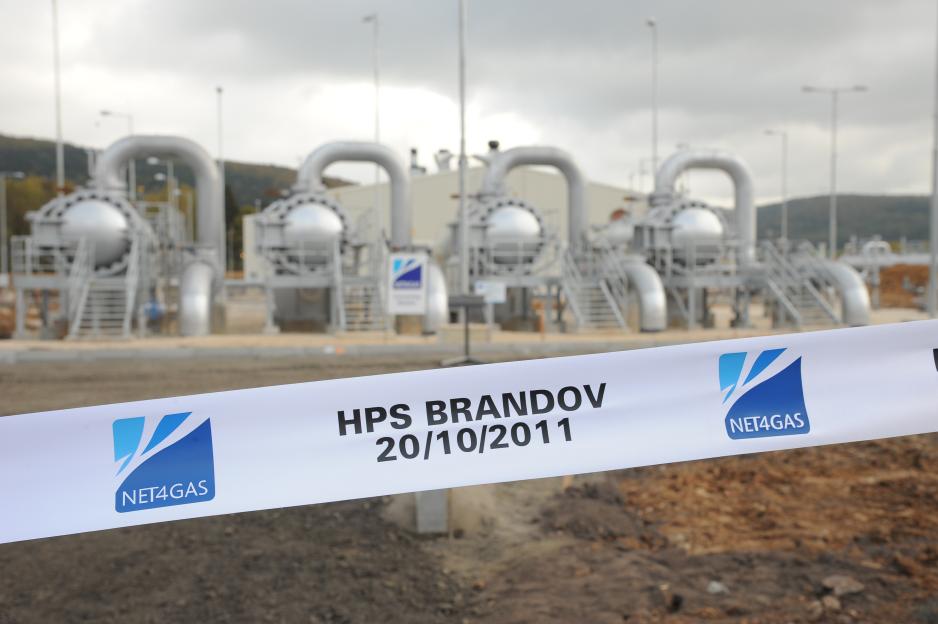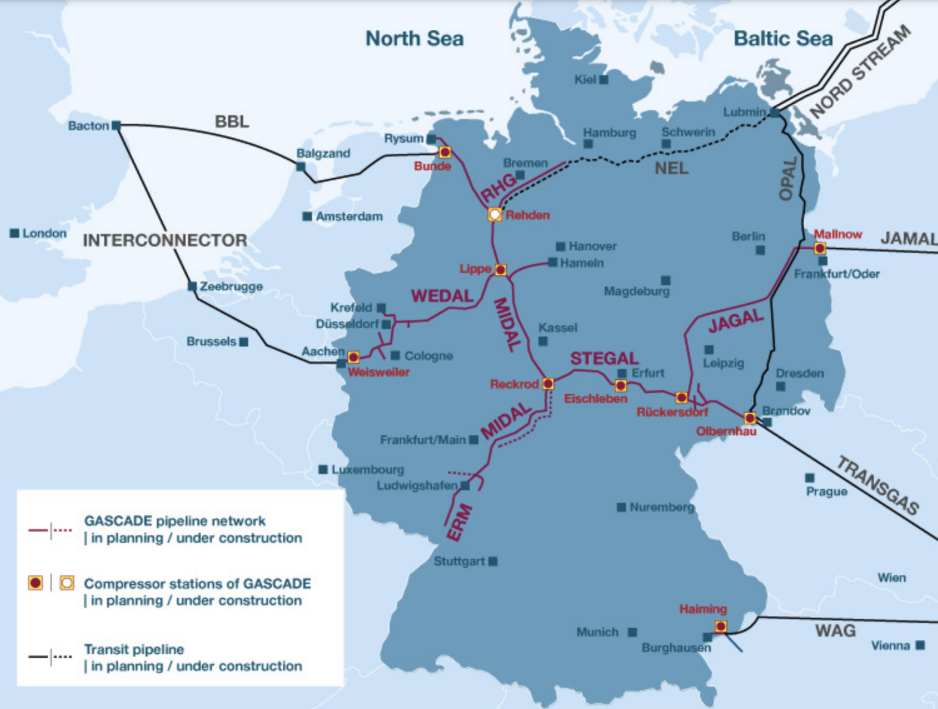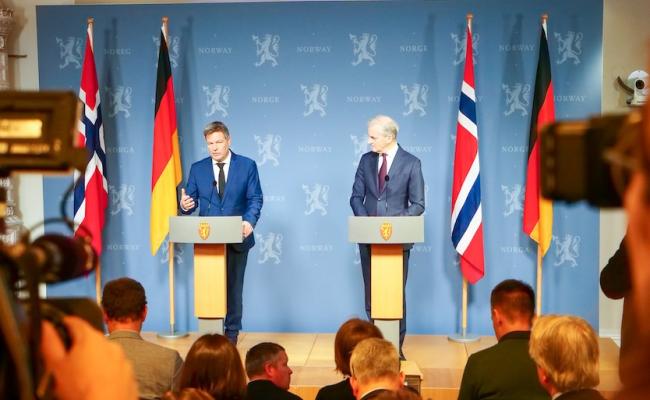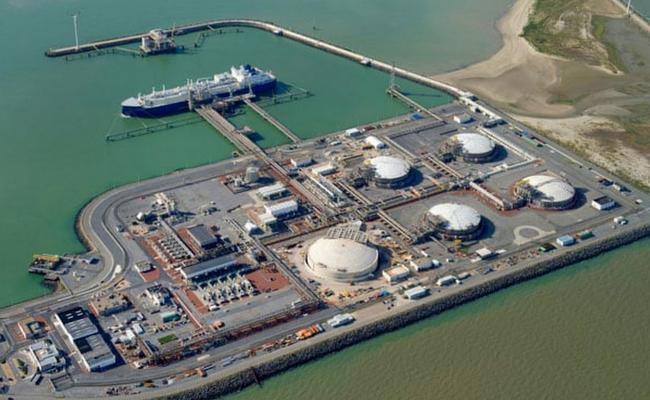Germany Continues to Import Russian Natural Gas Through Belgium and the Netherlands

Photo of cross border natural gas station. (Source: Central European gas Transmission System Operator, NET4GAS)
Despite stopping direct imports of Russian natural gas in 2022, significant quantities continue to reach Germany via its neighbors new data show. Advocates urge Germany to stop buying Russian fuels and to stop thus indirectly funding its war efforts.
Germany stopped directly importing Russian gas during the summer of 2022, months after the full-scale invasion of Ukraine, but new data show that substantial amounts continue to find their way into the country through supplies from its neighbors.
Germany’s second and third-largest suppliers of natural gas, the Netherlands and Belgium, import significant quantities of liquefied natural gas (LNG) from Russia’s Yamal LNG project. These supplies subsequently reach Germany as part of cross-border pipeline gas deliveries. The two countries supply 26 percent and 22 percent of the country’s gas needs.
A new study by German environmental non-profit Urgewald together with Belgian nonprofit organization (NGO) Bond Peter Leefmilieu concludes that in 2022 up to 11 percent of gas deliveries from neighboring Belgium originated as Russian LNG. The share was likely even higher in 2023 due to the expansion of Belgium’s Yamal LNG imports. Around a third of Yamal’s entire production passes through the Zeebrugge terminal.
“In order to not continually fill Putin’s war chest the German government has to finally and firmly block Russian gas pathways into Germany,” says Moritz Leiner, energy lead at Urgewald.
“On a European level Germany has to advocate for a ban on the import and re-export of Russian gas,” Leiner continued.
Exact flow of Russian gas hard to track
The exact flow of Russian LNG once it arrives in terminals in Belgium and the Netherlands is impossible to determine. Once regasified the gas enters the European network mixing with other kinds of supplies. Eu countries import around $1bn worth of Russian LNG each month.

Select German gas pipelines showing interconnections to the Netherlands and Belgium. (Source: Gascade)
The path of Russian LNG arriving in the Netherlands is even harder to trace, the organization says. But it is common practice among global traders to import Russian LNG and subsequently re-export it as a “generic” product, including to countries in the EU. China has in the past received LNG from the Russian Arctic to then sell it onwards to buyers in Europe.
The study uses data from Germany’s federal gas network agency and Kpler, a global energy and commodity data firm.
The new data go counter to Germany’s re-orientation completely away from Russian gas supply since the full-scale invasion two years ago. The results of the study suggest that between 4-6 percent of Germany’s gas supply continues to originate in Russia.
Norway has quickly moved up the ranks to emerge as Germany’s most important energy supplier, ahead of the Netherlands and Belgium.
In 2023 the country supplied 43 percent of pipeline gas and 4 percent of LNG deliveries to Germany.



